november 2022: on stages of grief
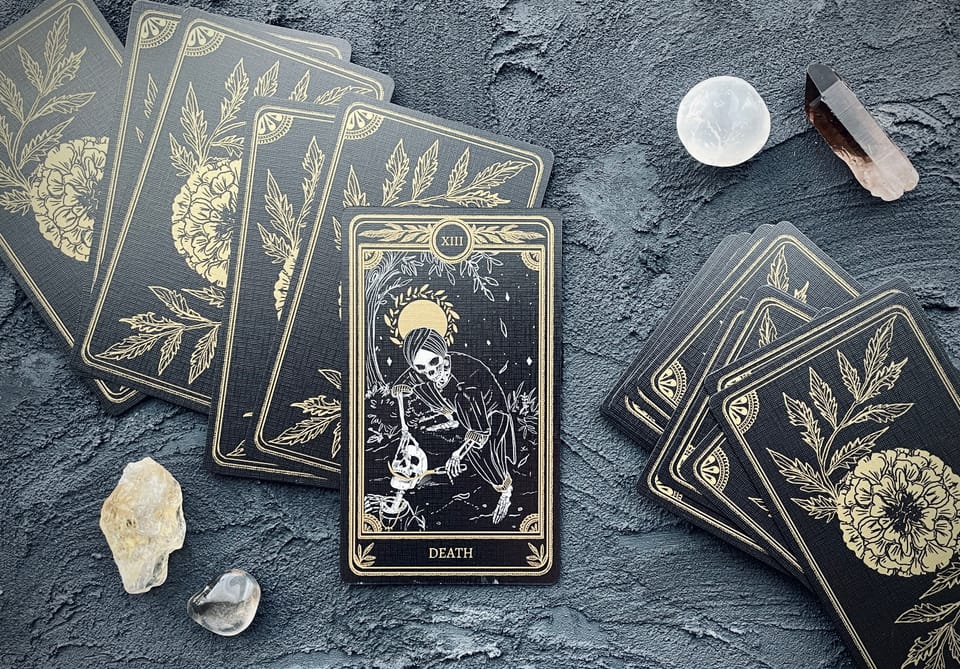
hello, friends, and welcome to november.
we are firmly into the season of scorpio: the season of intensity, excavation, letting ourselves drown in mystery. i love this time of year, especially in the northeast where i live - it feels like it's mine, like i belong to it. crisp air, falling leaves, chilly nights, the smell of soft rot and cooling earth. it's the perfect time to talk about one of the most feared and misunderstood archetypes of the tarot: death.
death can be a difficult concept, for so many reasons — a few of which we will explore in this piece. (gentle content warning for a brief mention of suicide.) please be kind to yourself, and recognize what you may need in this moment. this is an invitation to check in with yourself: stretch, grab something to drink, shake out any stiffness or soreness, light a candle, whisper a mantra.
what are you bringing to this moment? what have you been navigating, processing, figuring out? what wisdom are you learning to embrace?
let's go.
i find death fascinating.
as a united states citizen, our society's collective rituals and beliefs about death are rather startling, in that they are more about separation than emotion, connection, or authenticity. we do everything that we can to distance ourselves from the reality of death, obsessing about being young, tailoring diets and exercise plans and skincare regimens to slow the aging process as much as possible, shuttering sick and disabled and elderly people into separate housing, panicking about reaching our 30s or 40s or 50s or 60s as if a certain age leaves us unable to achieve goals, find happiness, build a legacy, feel whole.
we cling to youth, to life, to virility, and do everything we can to avoid or delay the realities of endings. so often we simply refuse to engage with death, permanently stuck in the early denial phase of grief: if we pretend it doesn't exist, if we don't look directly at it, if we stuff bodies in boxes and make cemeteries places that only the grief-stricken and goths go, we can just focus on life, pleasure, comfort. we can pretend that we will live forever, that we will never have to face catastrophic loss.
death scares us.

with all of this in mind, it's unsurprising that the united states has had (and continues to have) one of the worst, most mind-boggling responses to covid-19: many citizens are more focused on maintaining the status quo than being safe, more angry about being denied anything than they are about the risks of long covid, more concerned about their own personal definition of freedom than they are about protecting the most vulnerable among us. most would rather deny the truth, go about their lives as if everything is the same, than admit how much we as a country have already lost, how much we continue to lose.
more convenient, more comfortable, to make death a thing that only happens to other people, a thing we avoid, a thing we pretend doesn't exist. easier, simpler, to deny reality instead of trying to grapple with it.
but death is real. and while covid has been made exponentially worse by our stubborn denial of its reality, while these kinds of deaths are senseless, natural death is an essential piece of the life cycle. if nothing ever ended, if growth was perpetual, we wouldn't have space to change. we need seasons, transitions, evolutions, times of expansion and times of contraction. we need chances to do things beyond growth: chances to rest, to connect, to reflect, to adapt. and often, we need permission to let something end, to leave it behind.
death gives us an out, an opportunity, to reimagine our lives, to step away from what we've been doing and try something different. but death cannot work its power if we refuse to acknowledge it, if we deny its reality.
death requires acceptance, even if it takes us a few steps to get there.
there's a reason that the death tarot card scares people so much: it's a permanent shift that we cannot control. it's a change, an ending, one that we are forced to reckon with whether it's comfortable or not.
(usually, it's not.)
death is sincere, true, lasting. we are not actors that will exit the stage when the show is over, living stories that we can rewrite or adjust or alter in our imaginations, neat and tidy narrative arcs that we can choose to end at the beginning with a sweet happily ever after. we are human beings, fragile and temporary even in our brightest, boldest moments. and as much as we can hold power and magic and strength, as much as we can dazzle and change the world we live in, there are certain laws that we must follow, certain rules that simply cannot be broken.

numerologically, death as a major arcana archetype is tied to the number four (card 13 / 1 + 3 = 4) and the emperor: discipline, limits, structure, foundations, stability, safety, power. both speak of firm boundaries, tangible edges, clear and visible lines of demarcation. but where the emperor is internal, personal, devoted to the self and the ambitions of the individual, death is broader, encompassing all of humanity. the emperor sets their own rules - but the rules of death are ones that we cannot alter or negotiate.
specifically, the death archetype is about natural, inevitable death: not accidental death, not purposeless death, not negligent death. this is death that serves a purpose, death after a full life, death that clears and clarifies.
it's a definitive line in the sand, one that none can cross.
i've died a lot: sometimes by choice, other times kicking and screaming all the way down. i've left behind a childhood of trying desperately to please my parents and my church, left behind an evangelical faith and a god that couldn't love me, left behind friends and family members and towns and cities, left behind pieces of myself that no longer fit.
growing up is its own series of deaths, small and fractal. moving from grade to grade, school to school, shedding skin every time another adult pushes you to make decisions about your future when you don't even know what you're having for lunch. we are constantly changing, forced to leave things behind and often scolded or belittled for the grief those losses can bring.
by the time we are grown (whatever that means), it's expected that we will be used to this perpetual death; that we will have somehow magically acquired the knowledge that we need to thrive, even as the world falls apart around us. reaching my mid-twenties felt like its own death: realizing that my parents are just people, that those adults who always seemed to have all of the answers were bullshitting along with the rest of us. recognizing all that i didn't know, and grappling with the fact that adulthood hadn't suddenly made me wise, rich, or safe.
and of course there were the deaths i chose and failed at, the times that i tried to end my life but didn't succeed. the deaths i wanted but couldn't seem to grasp firmly enough to follow to the other side.
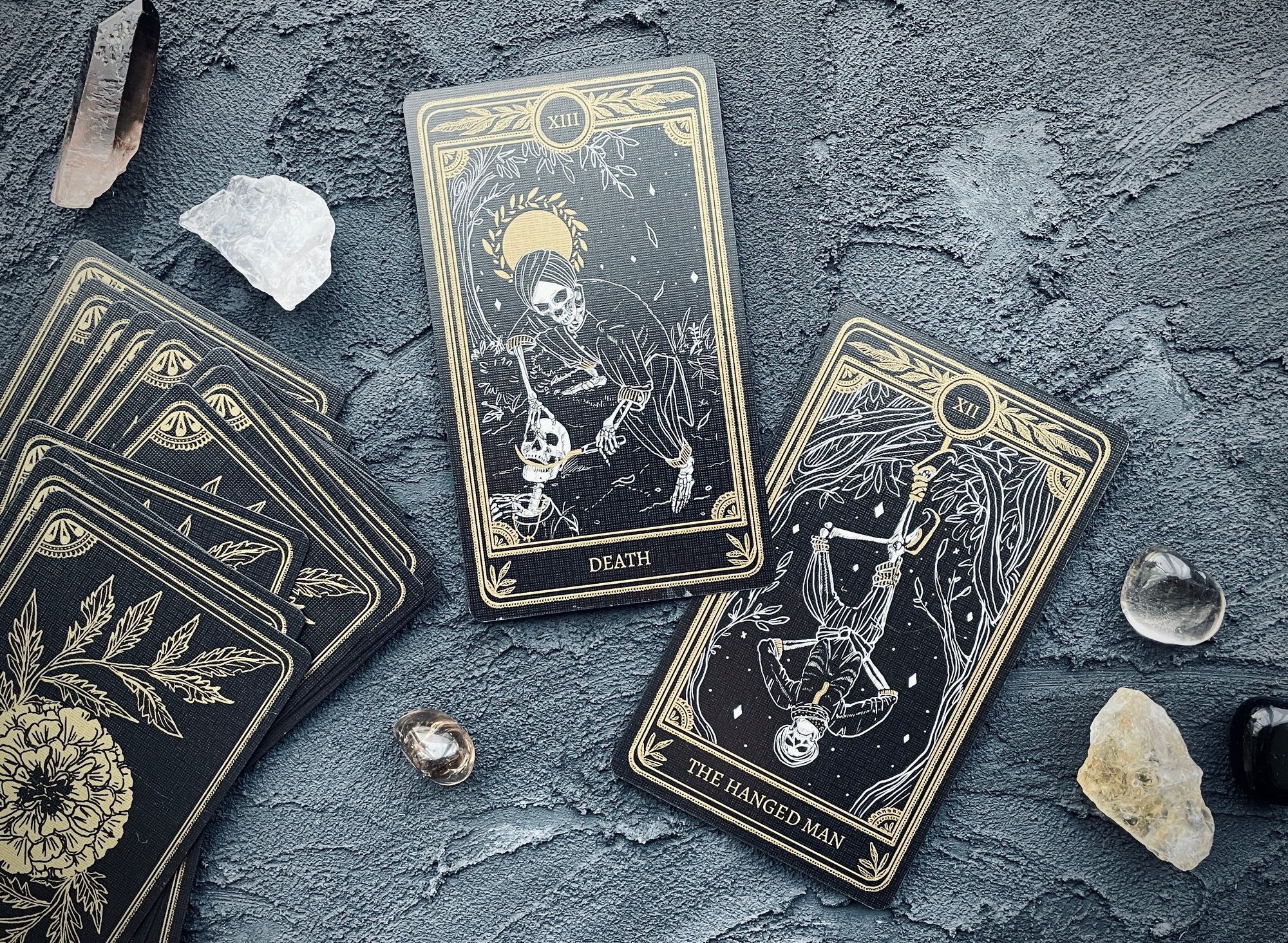
the stages of grief that we experience with each of these deaths are various attempts to wrap our hands around reality, to look a truth in the face, to fully acknowledge what we have lost. those familiar stages of denial, anger, bargaining, and depression that come before acceptance are painful but necessary. refusing to look at something, being overwhelmed when we do, wishing it wasn't present, finally feeling the weight of its presence: these don't come in a neat order, don't follow a tidy path forward. we may cycle through them in a tangled web, pulling on different threads, feeling many things at once or absolutely nothing at all.
the lessons from the hanged one's surrender and acceptance, those gentle platitudes that felt achievable, may feel impossible to hold onto once death actually makes itself known.
yet these stages form their own kind of stability, four lines that give us some much-needed definition. their mere existence gives us a road map for suffering, a way to contextualize our own grief into a format that others can understand.
freedom can feel overwhelming when we are comfortable in our cages.
acknowledging past deaths is a gift. it can be a painful thing, recognizing what we have endured, honoring our transitions, mourning our past selves, making space for endings that we have lived through and those that may be on the horizon. leaving behind community, ambitions, dreams, places and spaces, people, parts of ourselves, can be harsh even in its joy, a double-edged sword of truth paired with pain.
yet in refusing to acknowledge them, in skimming over reality or denying what we feel, we trap ourselves in that hanged one place, repeating these stages over and over. it's only in letting ourselves feel deeply, falling into that well for a time, that we can eventually find our way out.
in loosening our grip on whatever we've been clinging to, we free our hands to grasp onto something new. in honoring who we have been, who we no longer are, we start to carve our room to glimpse who we are becoming, who we want to be. and isn't that beautiful? isn't that magical? isn't that its own kind of strength, its own kind of discipline?
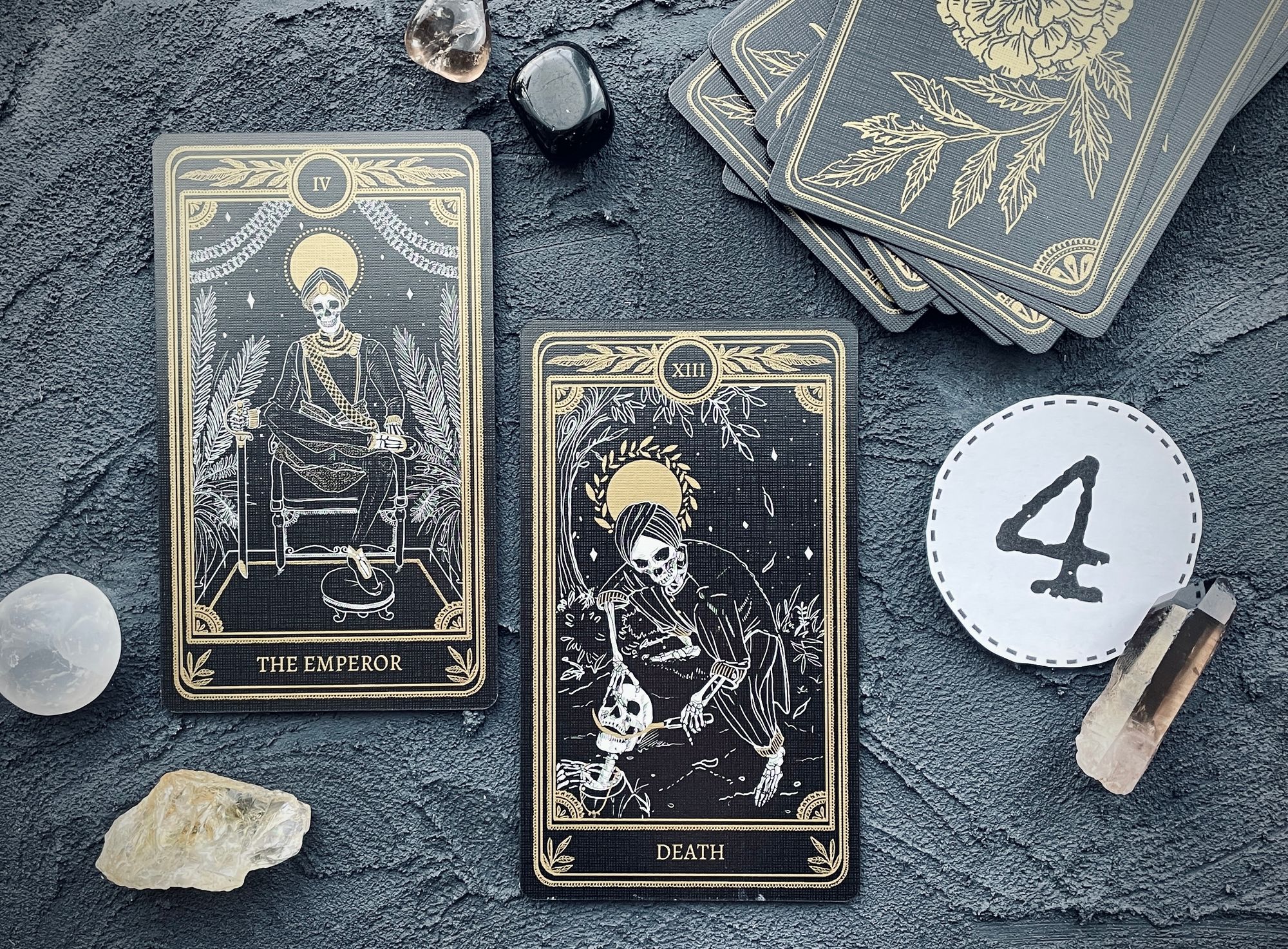
what have you been protecting, that it's time to release? (and was it ever really under your protection in the first place?) what is your mind ready to move beyond, that your heart perhaps has been clinging to? where are you denying your own growth, and how could truth help you recognize all that's been holding you back?
what are you ready to let die? where are you being granted freedom, whether you like it or not? and how might this process eventually allow you to be triumphantly, gloriously reborn?
a reminder that preorders for my book are now open, that my partner's incredible memoir came out last week, and that with social media continuing to crumble, this very newsletter is the best place to follow and support me. i'm glad you're here.
have a beautiful scorpio season, friends.


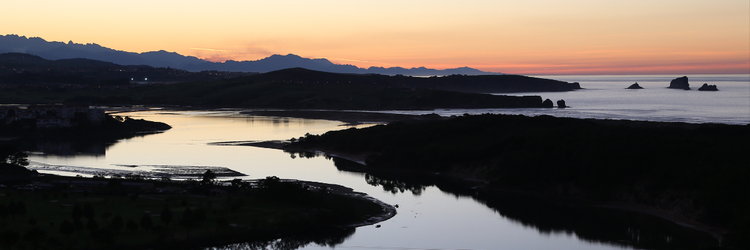
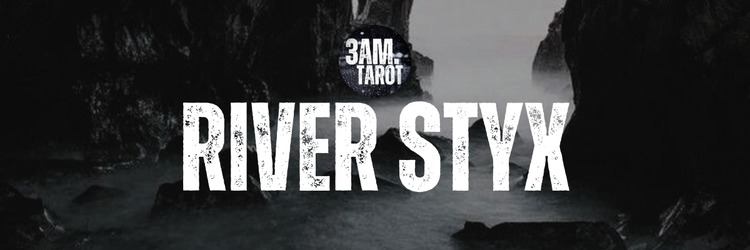


Member discussion